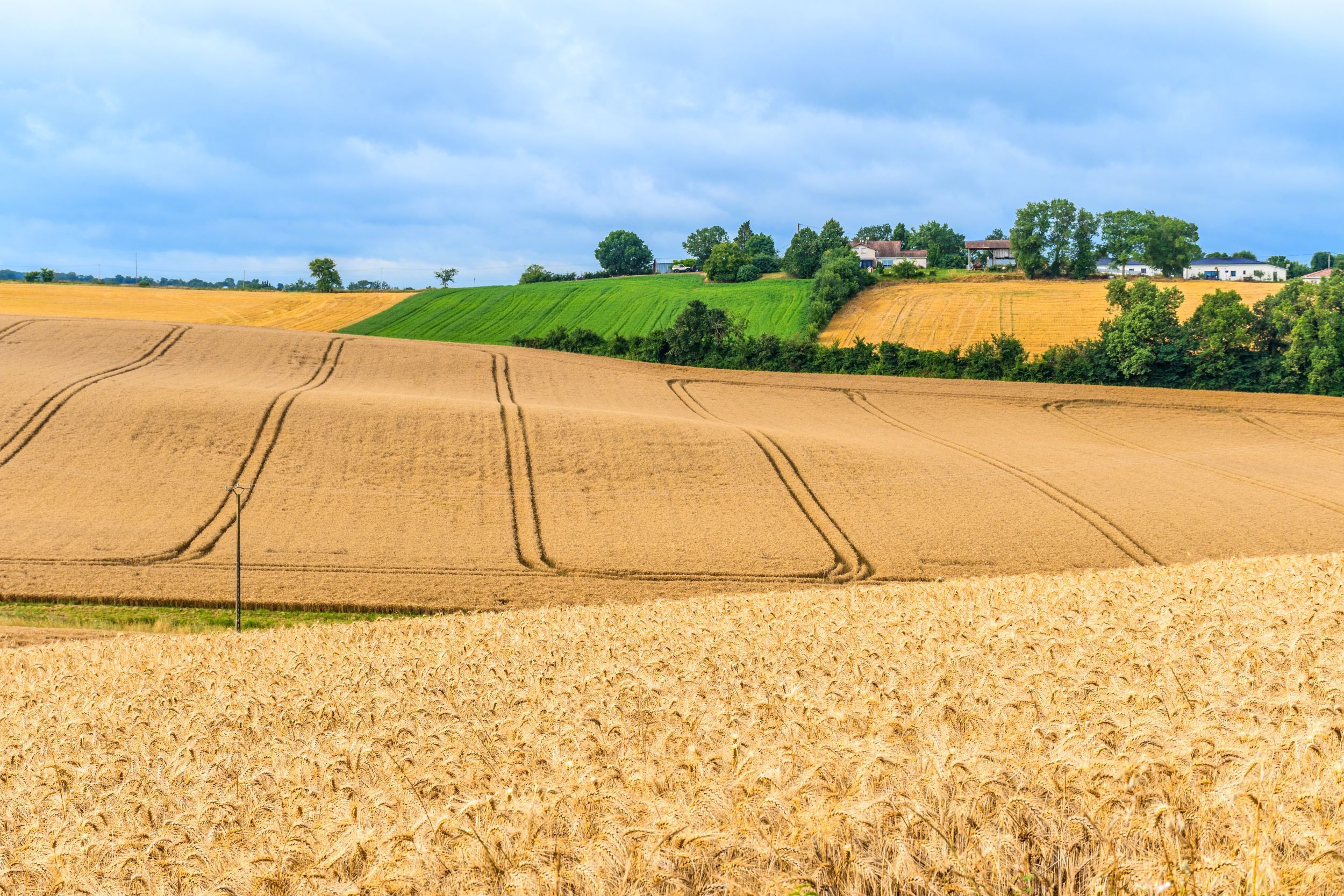News
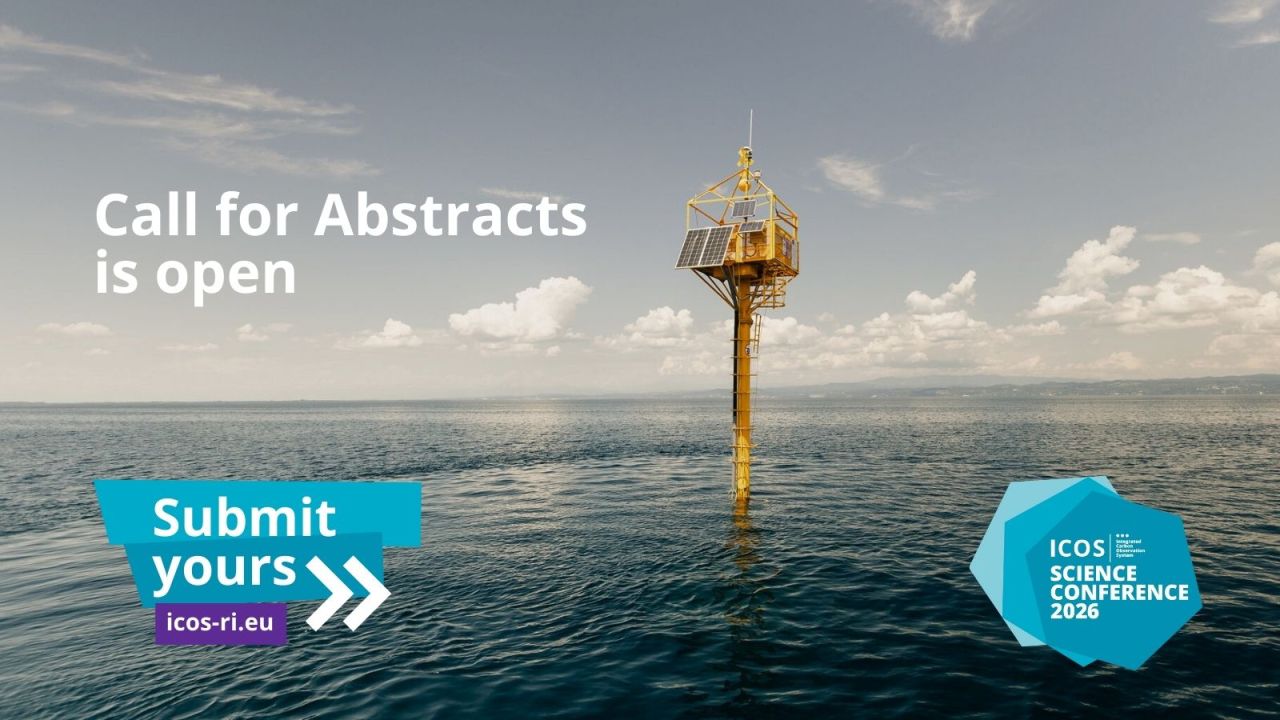
26 January 2026
Session 27 invites contributions on how ICOS, eLTER and related infrastructures can strengthen Monitoring, Reporting and Verification for climate action
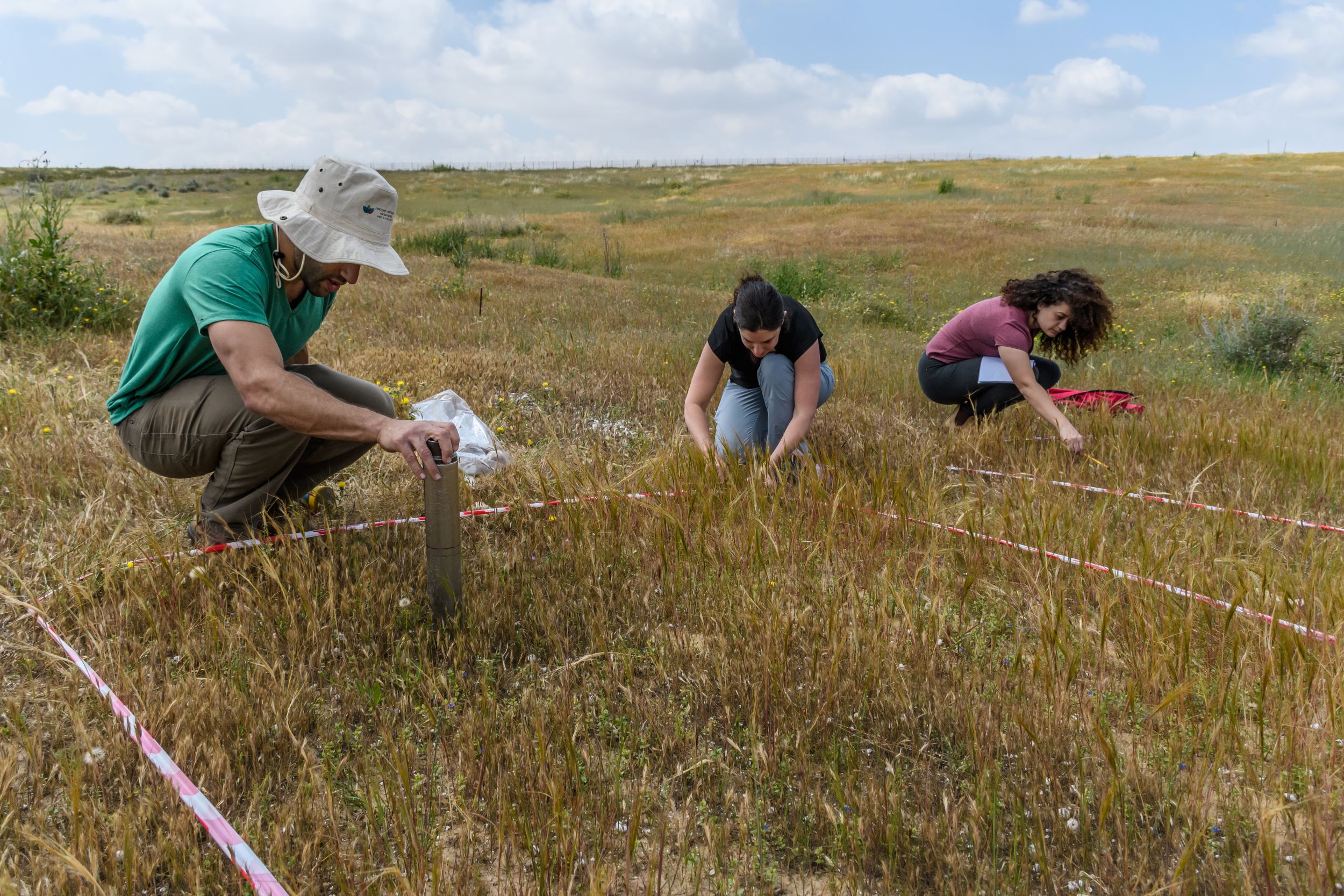
22 January 2026
Through long-term, interdisciplinary research, eLTER provides the scientific backbone needed to support functional restoration and link local evidence to European and global policy processes
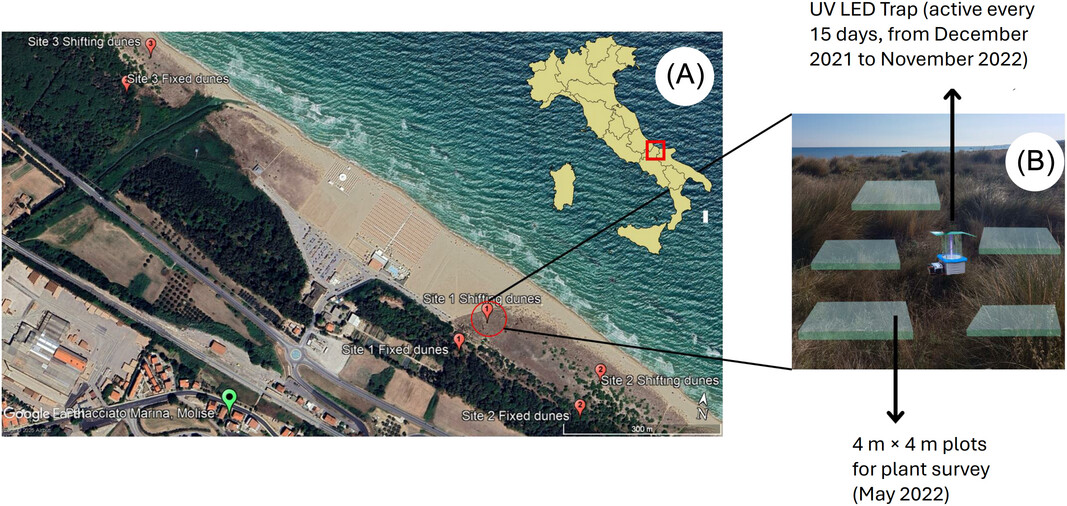
21 January 2026
The study was conducted by Micaela del Valle Rasino and team at eLTER site Foce Trigno-Marina di Petacciato, Central Italy
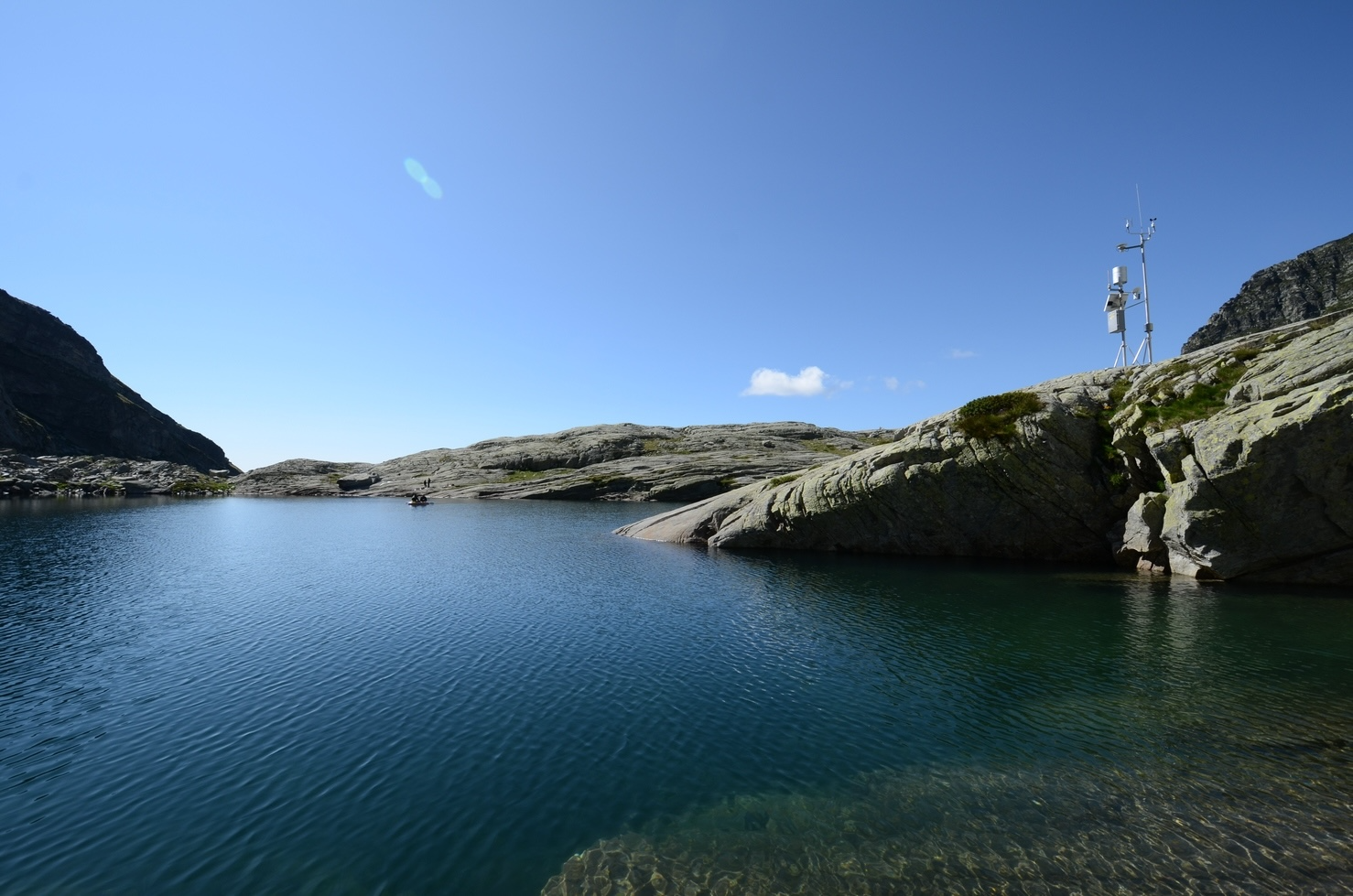
5 January 2026
New research by Giulia Cesarini and colleagues shows that even isolated mountain environments are not shielded from microplastic pollution

22 December 2025
The event offered a rare opportunity to look back at half a century of research at one of the Alps’ most important long-term environmental research sites—and to reflect on its growing relevance in a rapidly changing climate
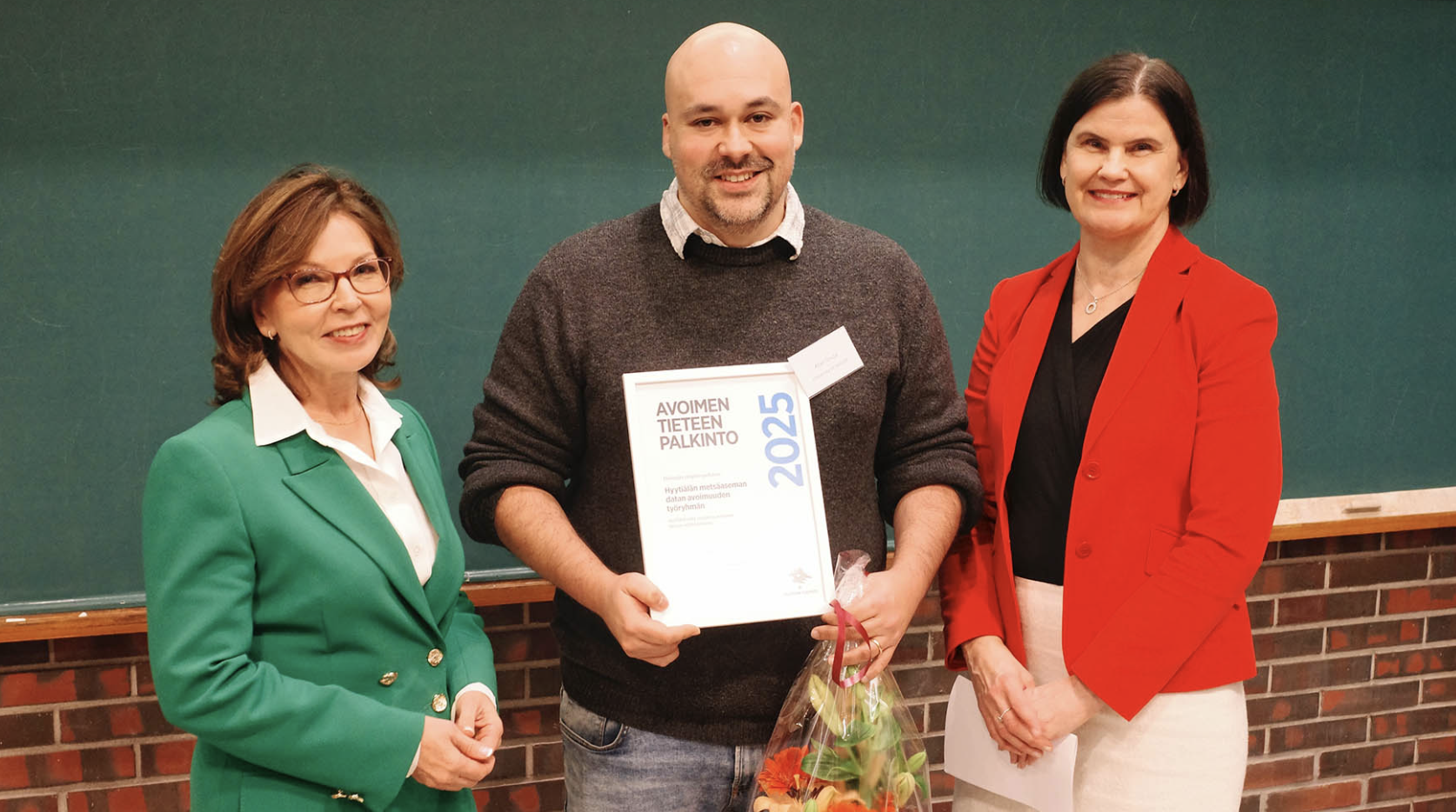
7 December 2025
The University of Helsinki granted the award for efforts to enable the reuse of research data produced at Hyytiälä. Over the past century the station has hosted research and accumulated data, some of which have now been made available.
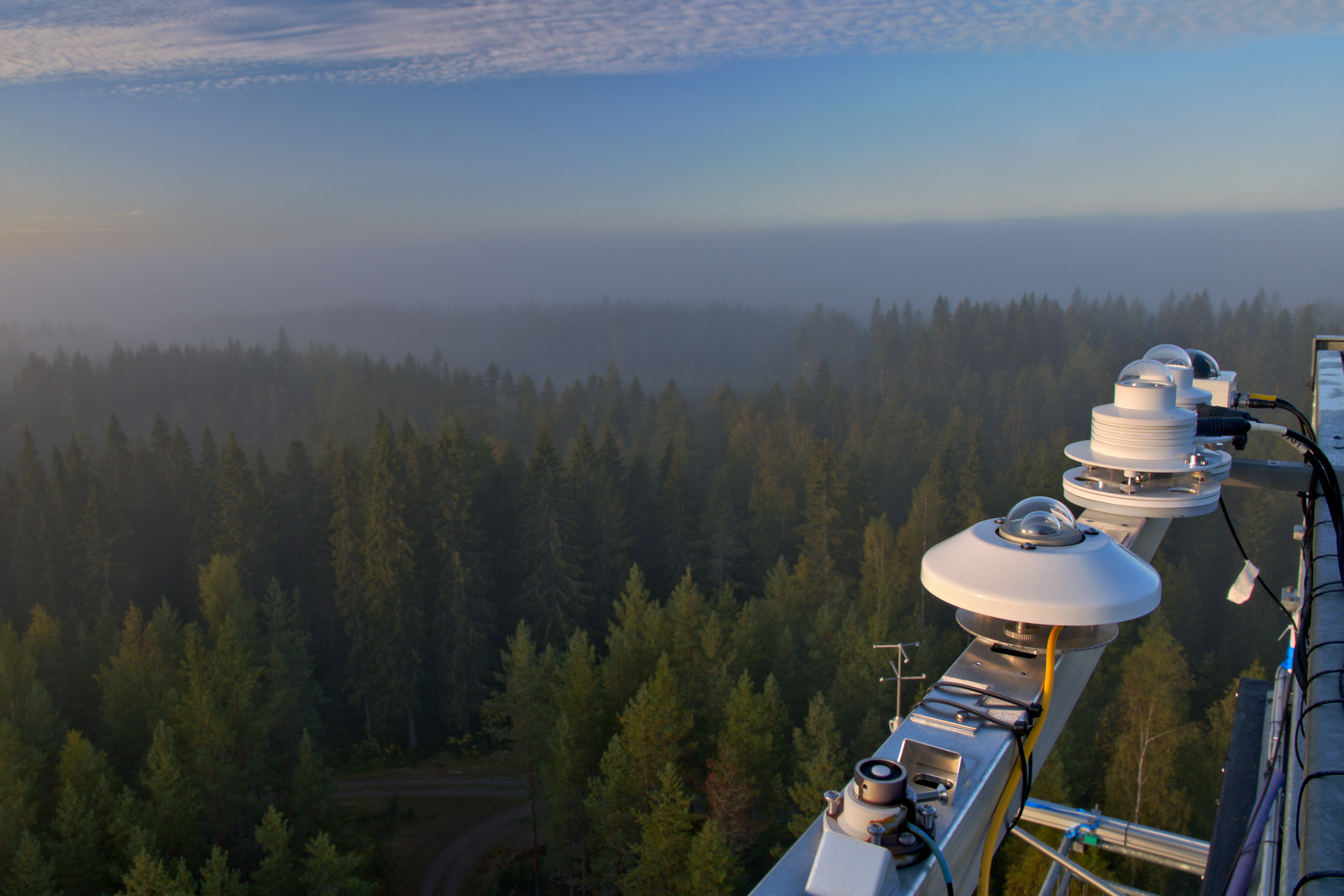
21 November 2025
New study by Thomas Ohnemus integrates advanced analytical approaches, combining representativity and transferability analyses to identify candidate sites with the highest potential to improve network coverage
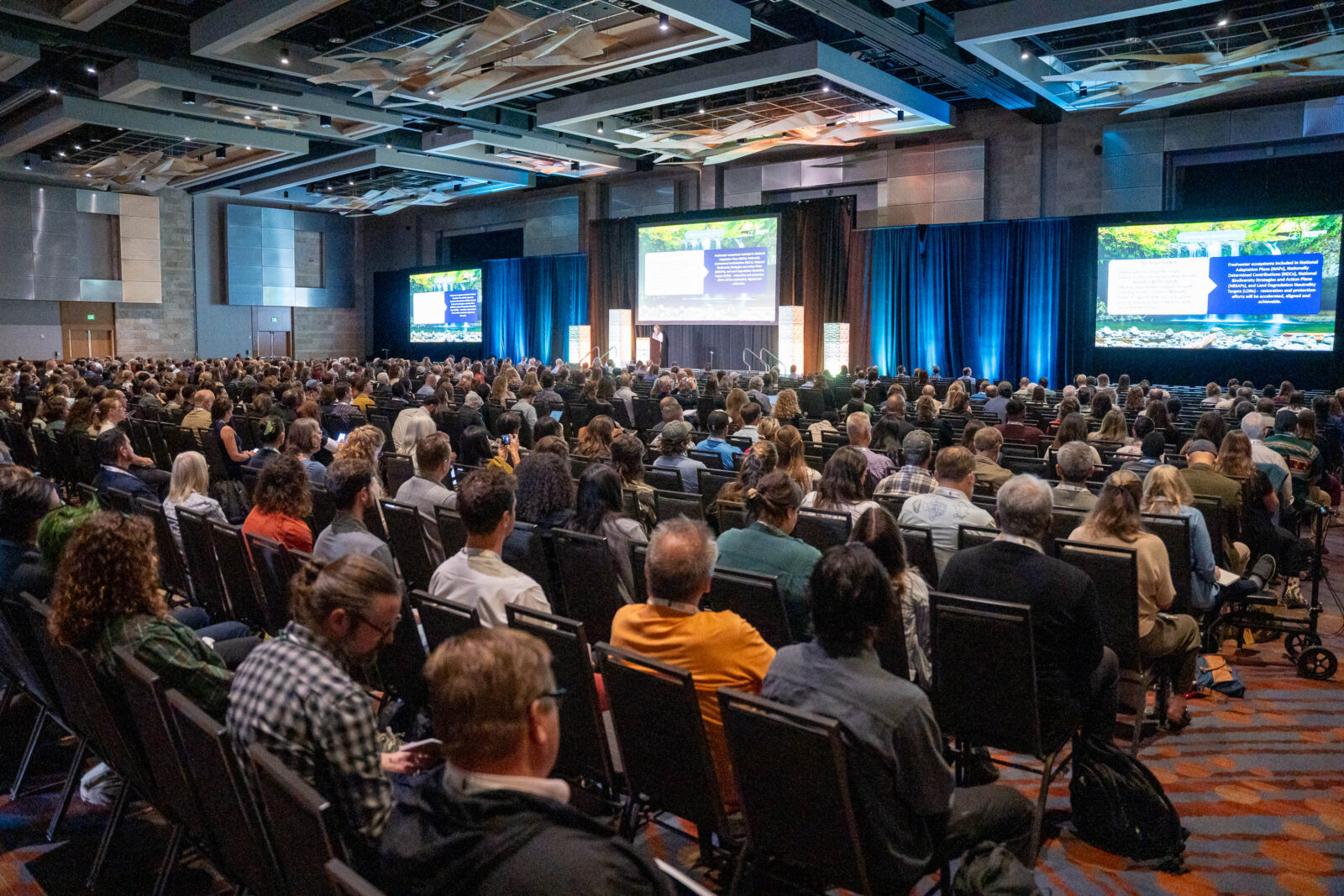
14 November 2025
Katalin Török and Bruna Reis’ mission at SER2025 was to highlight the strong potential links between eLTER’s activities and ecological restoration, showcasing how long-term ecosystem research can strengthen global restoration efforts
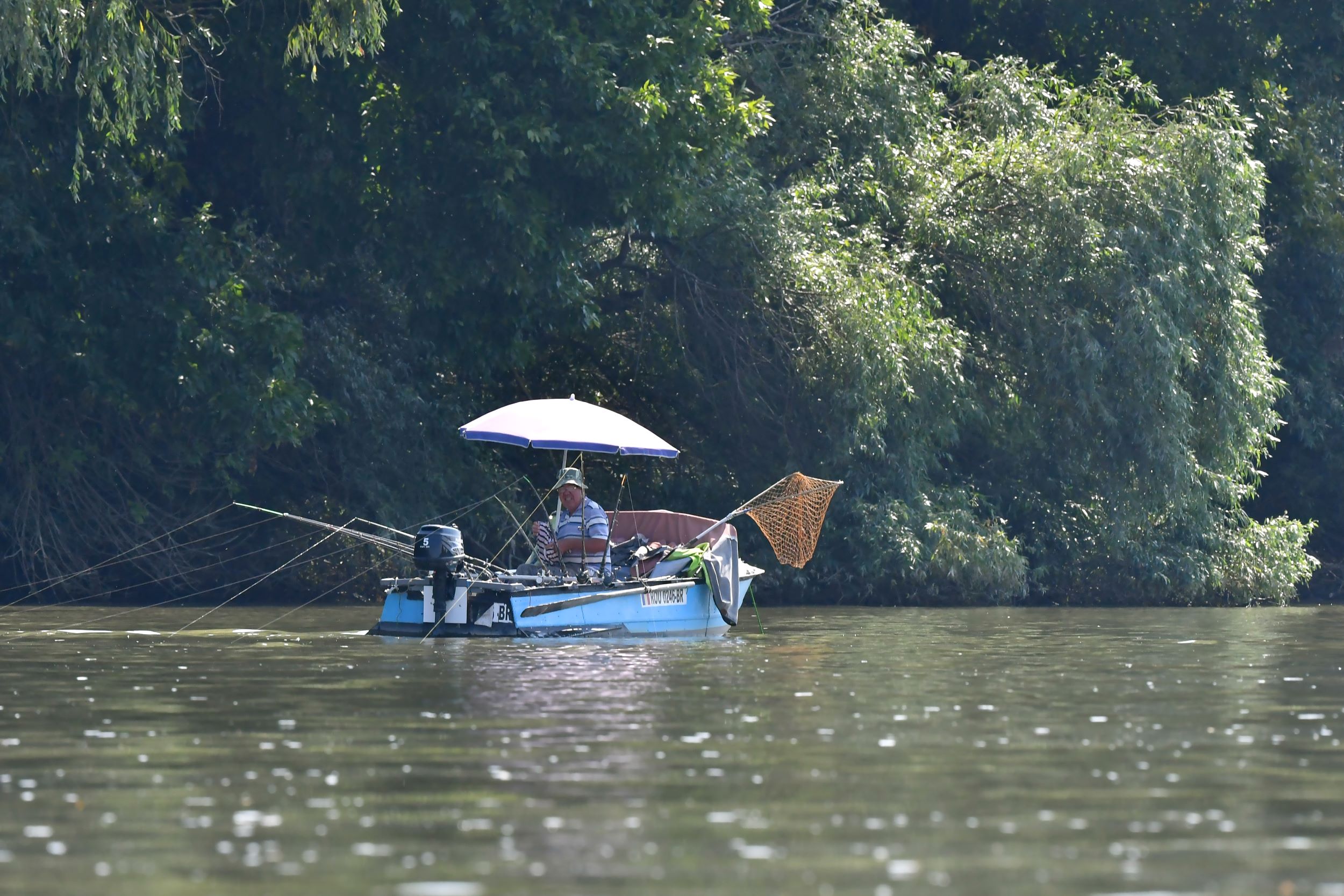
10 November 2025
eLTER Sites and Platforms Series: Romania’s long-term research sites reveal how social and ecological systems evolve together
